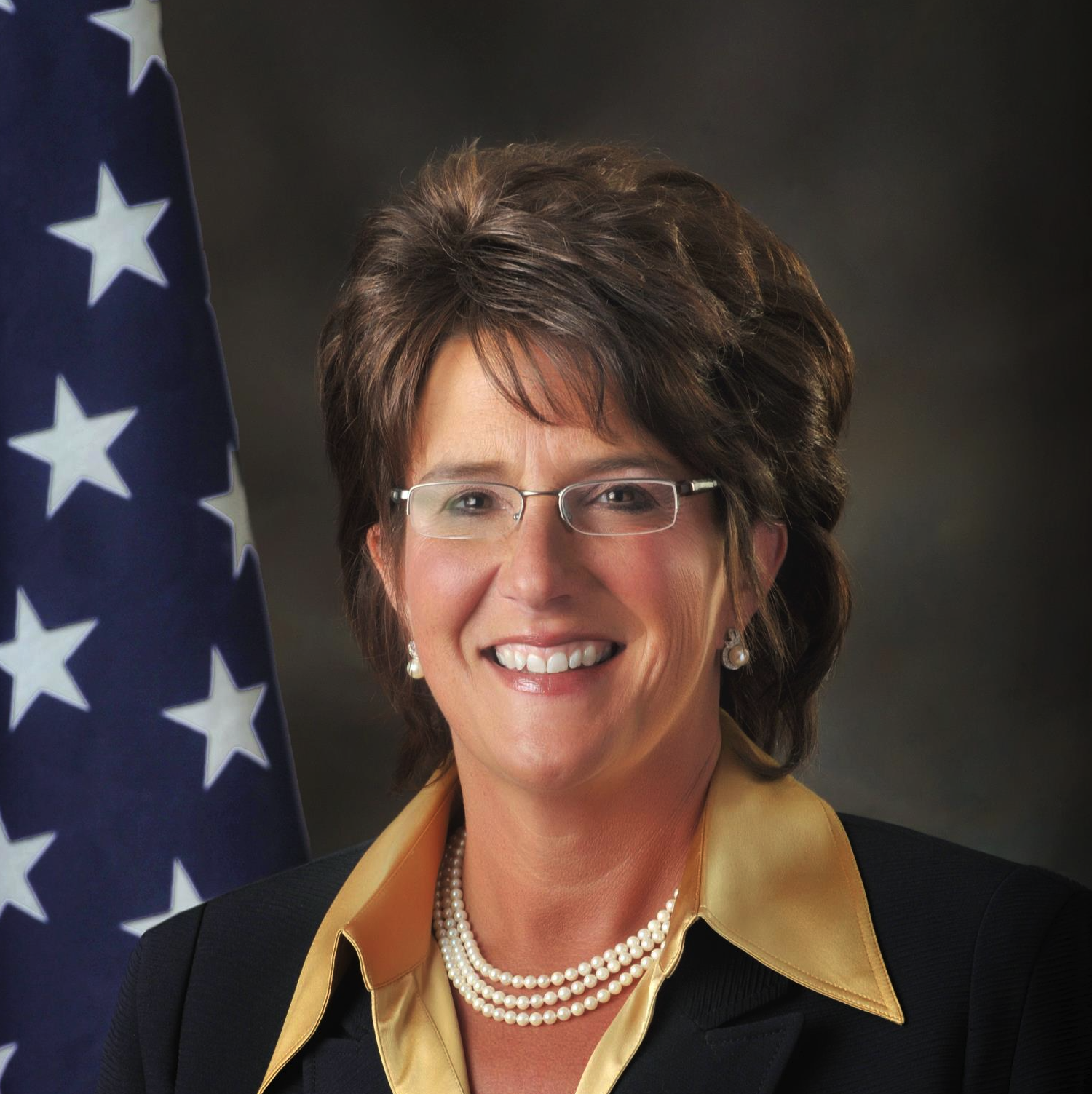Walorski Expresses Concern on Tariffs
 Rep. Walorski
Rep. WalorskiU.S. Rep. Jackie Walorski (R-Ind.) has sent a letter to Commerce Secretary Wilbur Ross expressing concerns over the recent expansion of Section 232 tariffs on steel and aluminum to include certain derivative articles.
She requested information about the legal justification for the expansion, how the new tariffs will address Chinese overcapacity, how it was determined which articles to include, and whether the Department has adequate staff to process additional exclusion requests.
“A sudden announcement on a Friday evening is not befitting such a dramatic paradigm shift from tariffs only on raw materials to now include downstream products as well,” Congresswoman Walorski wrote. “Even more concerning, there remains a great deal of uncertainty surrounding the new tariffs more than a month after they were announced.”
The new tariffs were announced Jan. 24 in a Presidential Proclamation and took effect on Feb. 8. However, it remains unclear how the Commerce Department determined which products should be included and whether there will be a product exclusion process to allow U.S. businesses to petition for tariff relief.
“As always, I stand ready to work with you to address unfair trade practices and overcapacity,” Walorski added. “However, we also must ensure that any tariffs or other actions are targeted correctly and based on rigorous analysis that includes a transparent opportunity for input from all stakeholders so as to minimize the effects on domestic manufacturers.”
In the letter, Walorski asked the Commerce Department to explain what legal authority is being used to justify the expansion of Section 232 tariffs, how the expansion will address Chinese overcapacity and increase domestic capacity utilization, and what process was used to determine which derivative articles to include.
Walorski also requested a copy of the Department’s most recent report on the impact of steel and aluminum tariffs, including on downstream sectors.
Finally, Walorski asked whether the Department is confident it has adequate staff to handle a higher volume of product exclusion requests as a result of the expansion into derivatives.


